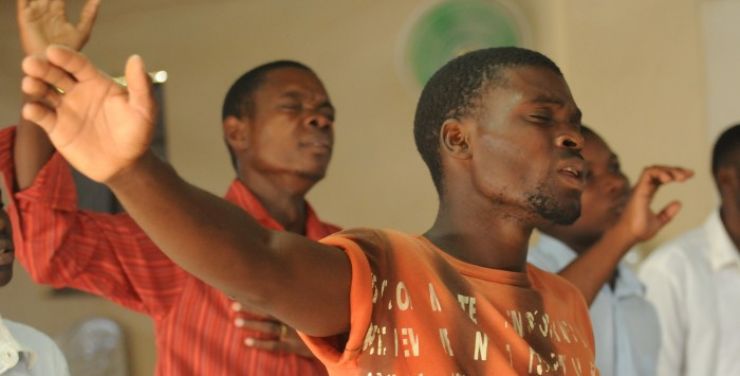How to do church partnerships without buying friends

How do we build partnerships with people in developing countries without creating dependency? Jim Harries, missionary in Africa, helps us understand…
If I said that ‘all problems are self-inflicted’ … many would think that is only partly true. Yet, in another sense; say a couple decides to have a baby, well, then they ‘choose’ to face all the problems that bringing up that child will involve.
A very poor African friend of mine has been very sick with TB. ‘Make sure you take precautions so that you don’t get pregnant,’ she was advised. She chose not to take the advice. Now she is very sick, and poor, and has a child to rear. Whose ‘fault’ is that?
Someone like that might have ignored advice, on the basis that whatever she did, her advisors would still help her rear her baby. In other words – the more you offer free outside support to someone the more ‘irresponsible’ decisions they might make. If ‘education’ is about making good decisions in life, then with respect to the above, outside aid can be ‘anti-education’.
Perhaps, really what I am trying to say, is that people in poor parts of the world like Africa, can live without Western help (they did so for millennia!). Also, that Western help can generate its own problems. Therefore, I suggest that there ought to be a place for Westerners sharing the Gospel with people in Africa, to do so not-through giving foreign money.
We might ask, what is really valuable about the Gospel? Many things might come to mind, money is not usually one of them. In fact, many people in Africa these days come to Christ without offers of foreign money! A church in a town or village, can become a focus for prayer, meaning, hope, joy, purpose, fellowship, friends, worship and singing, and even helpful laws to live by and a source of one’s husband or wife, and … and … without any foreign donations.
But we need to ‘show love to people’, someone might argue, ‘as did Jesus’. Although, there is no record of Jesus ever having dug a well, handed out an antibiotic, or taught English (or Greek). Jesus (as recorded in the Gospels) did not give handouts to people (except when prayer produced them, like the feeding of the five thousand), even to desperate cases! So then how to show love? One of the greatest acts someone can perform to show love to a family in parts of Africa I am familiar with is: to attend the funeral of their deceased relative. Actually, in the Gospel record, Jesus also did attend a number of funerals. (I am thinking of the widow of Nain’s son’s, and Lazarus’.)
The above means, that to minister the Gospel in Africa, to show the love of Christ, should not take giving outside resources at all. Instead, it can take: learn their language, and attend their funerals (and other events), and share God’s word. If African people ask for outside money or outside help, remember that we Westerners have taught them to do that, and that in Jesus’ day the Gospel was never built on such. Why lay a foundation for mission today, that Jesus himself never used?
What we are advocating above, we call ‘vulnerable mission’. That is, mission using indigenous people’s languages and resources. To find out more about vulnerable mission, go to vulnerablemission.org. You are especially welcome to join a conference on this theme to be held at All Nations Christian College from 31st May to 2nd June this year. See the flier at https://bit.ly/2E3Z99G
Jim Harries (PhD theology) lives and works in Western Kenya. He is the chairman of the Alliance for Vulnerable Mission (vulnerablemission.org). Jim has served in grassroots mission in Africa since 1988.
This article is taken with permission from the OSCAR website, where it appeared on 1 April this year. OSCAR is a one-stop centre for advice and resources for anyone involved or interested in mission or Christian work.
Stay connected with our monthly update
Sign up to receive the latest news from Affinity and our members, delivered straight to your inbox once a month.



